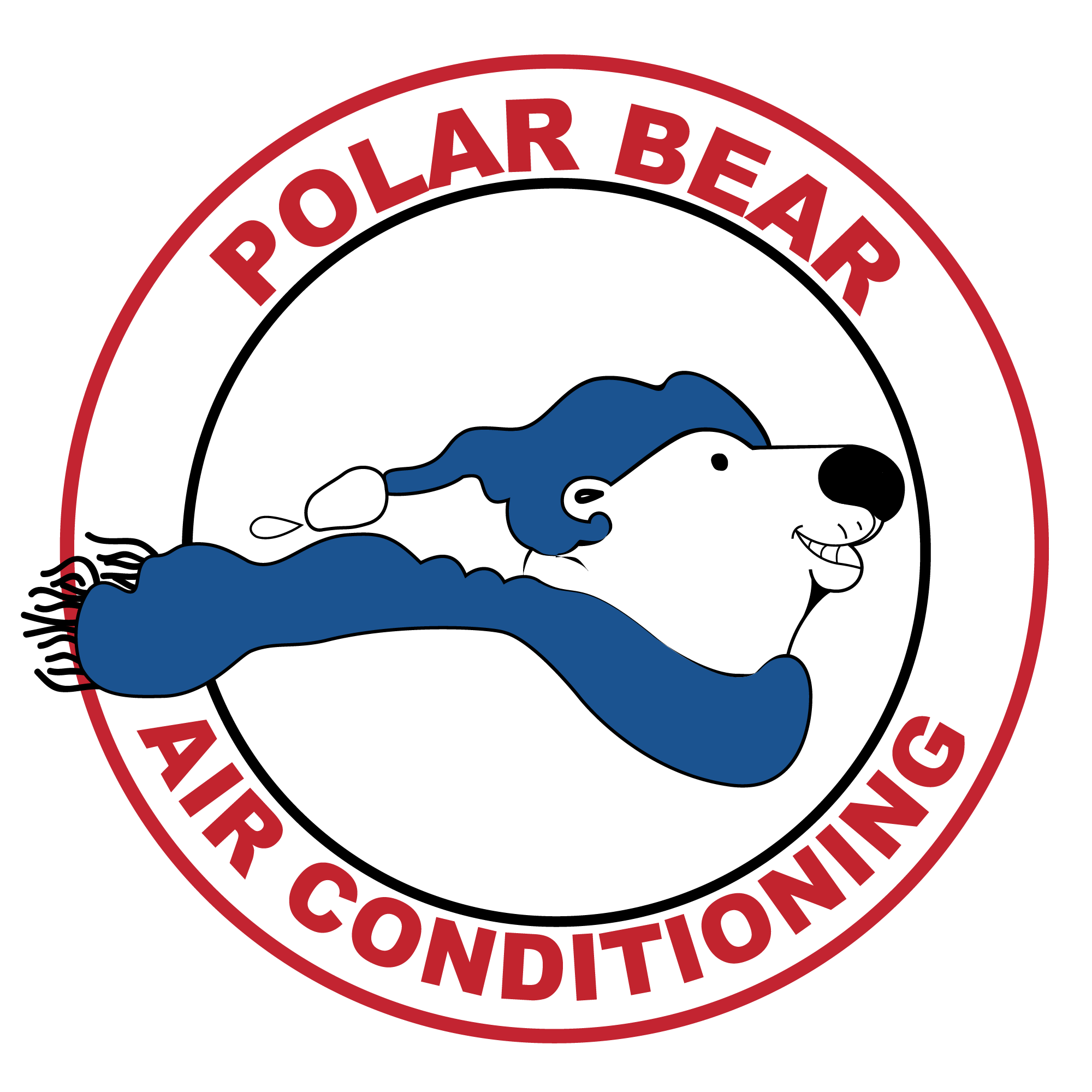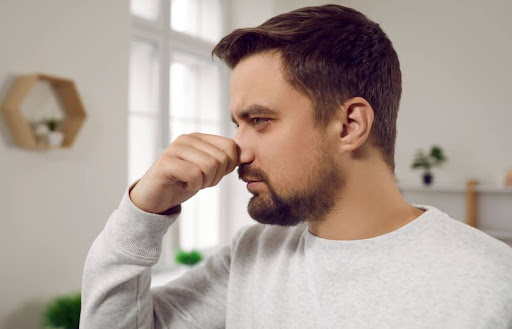Have you ever walked into your home and noticed a lingering unpleasant odor that no amount of air freshener seems to hide? Bad smells can make your home feel uncomfortable and even unbearable. While lovely scents welcome you in, musty, stale, or chemical odors can make relaxing at home feel impossible. That discomfort might point to issues with the air you breathe.
If you’ve noticed persistent odors, is poor indoor air quality making your home smell bad? Let’s explore how air quality, mold, humidity, and ventilation all play a role in unwanted smells around your family.
Why Bad Smells Usually Mean Something Deeper
When the air in a home smells unpleasant, it often signals more than simple surface-level concerns. That musty dampness or stale kitchen aroma may be hinting at deeper issues. So, do odors indicate poor air quality in your home? There is often a clear association, and masking the scent with air fresheners won’t fix the problem.
The Link Between Mold, Odors, and Air Quality
There is a well-known link between mold, odors, and air quality. Mold thrives in damp areas such as bathrooms, basements, or where condensation builds up. As spores release into the home, they release microbial volatile organic compounds that create a distinctive musty odor and can harm your health.
How Mold Causes That Smell
Mold grows when humidity levels stay high or moisture collects around windows, walls, or near the air conditioning system. When you step into a room and detect that stale odor, this can be a strong hint that poor indoor air quality is making your home smell bad. The spores create that smell and also introduce particulates and allergens into your breathing air.
Cooking, Pets, and Everyday Causes of Odor
Home life brings everyday smells that don’t go away easily and may point to air quality issues. Kitchen smells linger long after cooking, and pet dander can build up. Cleaning doesn’t always keep pace with particulate matter or volatile organic compounds (VOCs) in the air.
Cooking and Odors
Cooking emits volatile organic compounds and smoke that linger in the air or settle into furniture and carpets. Those smells may hang around longer in homes with weak ventilation or older air filters. When it happens repeatedly, it’s possible that poor indoor air quality is making your home smell bad and affecting your family’s comfort.
Pet Smells and Allergens
Pets shed dander that builds up over time and contributes to odors you don’t always notice at first. Even well-groomed pets can leave behind microscopic irritants that affect breathing or cause allergy symptoms in sensitive individuals.
Health Effects of Smelly Air
It’s more than just odors that impact well-being. Polluted indoor air may lead to symptoms like headache, shortness of breath, cough, nausea, and eye or throat irritation. In severe cases, it may even exacerbate existing conditions like asthma or chronic obstructive pulmonary disease (COPD).
VOCs, Formaldehyde, and More
Common household items like paint, furniture, or cleaning products can release volatile organic compounds. Concentrations of those compounds may cause lingering smells or irritation on exposure.
How Improving Indoor Air Quality Can Help Prevent Bad Smells in Your House
Putting better air quality practices in place can change how your home smells and feels. It brings fresh air in, filters out irritants, and reduces mold. Let’s discuss how improving indoor air quality can help prevent bad smells in your house in more detail below.
Upgrade Your Air Filtration and Ventilation
Using high-quality air filters, like HEPA filters, and air purifiers helps trap dust, dander, and organic compounds. Polar Bear Air Conditioning offers air filtration services in the Cayman Islands and can guide you through picking the right solution for your home’s needs.
Control Moisture With Dehumidifiers
Reducing humidity keeps mold at bay and keeps odors from forming. A dehumidifier or running bathroom fans after showers can help air flow and reduce condensation.
Signs Your Home Might Be Struggling
Noticing aromas or family health changes? Here’s a quick list to consider:
- Musty, earthy, or damp smells in areas like closets or basements
- Lingering cooking smells even after cleaning
- Allergy-like symptoms, cough, eye or throat irritation
- Odors get worse when the air conditioning runs
- Visible mold, mildew, condensation, or discoloration on walls or ceilings
How Professionals Can Help
It’s often smart to bring in a qualified expert for persistent scent issues that seem linked to air quality. A professional can test humidity, check your home’s air flow, and scan for hidden mold. If you suspect mold or persistent odors, it’s possible that poor indoor air quality is making your home smell bad, and having work done by someone trained is the safest path.
Bringing It All Together: What Odors Say About Your Air
So, do odors indicate poor air quality in your home? As you can see, unusual or lingering smells are often signs that something deeper is going on with your indoor air. Mold, moisture, pet dander, and everyday household activities like cooking can all contribute to poor air quality and persistent odors.
While it’s possible that poor indoor air quality is making your home smell bad, you don’t have to simply put up with airborne pollutants. Paying attention to these signs and taking steps to improve ventilation, filtration, and moisture control can make a noticeable difference in how your home smells and feels.
Better Air, Happier Home
If bad smells are making your home feel less fresh and guesswork isn’t cutting it, it’s time for professional assistance. Polar Bear Air Conditioning provides expert indoor air quality services right here in the Cayman Islands. With local roots since 1988, we are locally owned and operated. We show up on time, work professionally, and provide transparent, upfront pricing.
Are you ready to improve your indoor air quality in the Cayman Islands? Contact us today to schedule your service! We’ll give you a clear plan you can count on and help get your home smelling clean again.


0 Comments